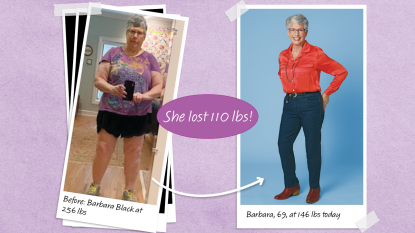New Study Finds Connection Between Alzheimer’s and Sleep Apnea

Struggling to get a good night’s rest is an unfortunately common frustration, especially for those who have been diagnosed with sleep apnea. According to new research, the condition might also be an early indicator of more serious cognitive issues down the line.
“We know that if you have sleep apnea in mid-life, you’re more likely to develop Alzheimer’s when you’re older, and if you have Alzheimer’s you are more likely to have sleep apnea than other people your age,” Stephen Robinson, PhD, a professor at RMIT University in Australia and lead author of the study explained.
Robinson and his team examined the post-mortem brain tissue of 30 subjects who were all around 67 years of age at the time they passed away. They had all been diagnosed with sleep apnea, but weren’t showing signs of Alzheimer’s. “While some people may have had mild cognitive impairment or undiagnosed dementia, none had symptoms that were strong enough for an official diagnosis,” Robinson said.
But when taking a closer look at their tissue samples, researchers found amyloid plaques and neurofibrillary tau tangles — two primary indicators of Alzheimer’s — in the hippocampus and brain stem. They were even able to discern the severity of a patient’s sleep apnea based on the amount of the plaques and tangles present in the tissue.
Essentially, these results highlight how sleep apnea could be one of the earliest signs of a future Alzheimer’s or dementia diagnosis several decades before any of the typical cognitive symptoms appear. Although Robinson explained more research needs to be done on the subject, it will hopefully lead to promising treatment options for apnea that will in turn help avoid the risk of cognitive decline later on in life.
In the meantime, it’s important to work with your doctor to manage a sleep apnea diagnosis. Snoozing is one of the most essential ways to keep our brains healthy overall, make sure you’re getting those Zzz’s!













